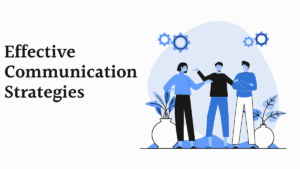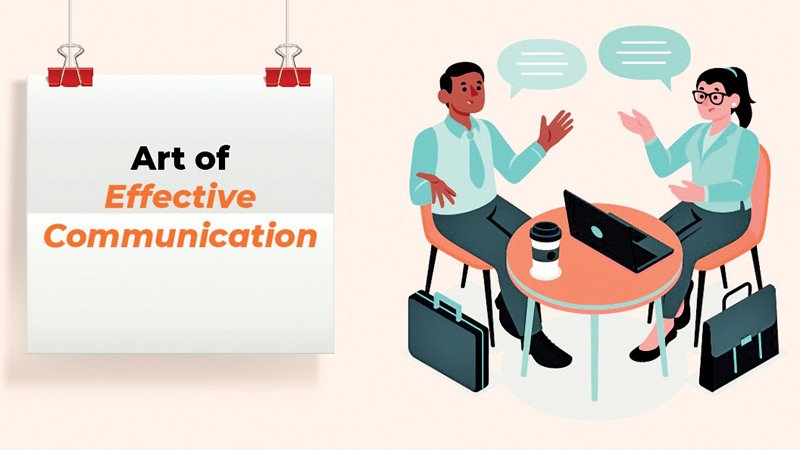Effective communication is a cornerstone of success in both personal and professional relationships. It goes beyond just exchanging information; it’s about understanding the emotion and intentions behind the information. Mastering the art of effective communication can lead to stronger relationships, better problem-solving, and greater clarity in expressing thoughts and ideas. Here’s how to hone your communication skills and make every interaction count.

The Importance of Active Listening
One of the most crucial aspects of effective communication is active listening. It involves not just hearing the words being said but fully understanding the message being conveyed. Active listening requires focus, attention, and the ability to provide feedback that confirms understanding.
To practice active listening, make eye contact with the speaker, nod to show understanding, and avoid interrupting. When the speaker finishes, paraphrase what they said to ensure you’ve grasped the message. This not only shows respect but also helps avoid misunderstandings.
Clarity and Conciseness
Clear and concise communication is key to ensuring that your message is understood. When communicating, whether in writing or speaking, aim to be as clear and direct as possible. Avoid jargon, unnecessary details, and overly complex sentences that can confuse the listener or reader.
To improve clarity, structure your thoughts before speaking, and stay focused on the main point. If you need to provide additional information, do so in a way that supports your main message without overwhelming the audience. Remember, less is often more when it comes to effective communication.
Understanding Nonverbal Communication
Nonverbal communication, including body language, facial expressions, and tone of voice, plays a significant role in how your message is received. Often, what you don’t say is just as important as what you do say. Understanding and controlling your nonverbal cues can enhance your communication effectiveness.
For example, maintaining open body language, such as uncrossed arms and a relaxed posture, can make you appear more approachable and engaged. On the other hand, crossed arms or avoiding eye contact can make you seem defensive or disinterested. Pay attention to your nonverbal signals and ensure they align with your spoken message.
Emotional Intelligence in Communication
Emotional intelligence, or the ability to recognize and manage your emotions and those of others, is crucial in effective communication. It helps you navigate difficult conversations, empathize with others, and respond appropriately in various situations.
To develop emotional intelligence, practice self-awareness by paying attention to your emotions and how they influence your communication. Additionally, work on empathy by trying to understand the feelings and perspectives of others. This will allow you to respond more thoughtfully and create a more positive interaction.
Adaptability and Flexibility
Every communication situation is different, and being adaptable in your communication style is essential. Whether you’re speaking to a colleague, friend, or large audience, tailor your approach to fit the context and the needs of your audience.
For instance, a casual tone may be appropriate in a conversation with a friend but not in a professional email. Being flexible allows you to connect with your audience on a deeper level and ensures your message is received as intended.
The Power of Feedback
Giving and receiving feedback is a vital component of effective communication. Constructive feedback helps improve performance, fosters growth, and builds trust in relationships. When providing feedback, focus on the behavior or issue at hand, not the person. Use “I” statements to express how the behavior affects you and offer suggestions for improvement.
Equally important is receiving feedback graciously. Listen without interrupting, ask for clarification if needed, and use the feedback to enhance your communication skills.
Conclusion
Mastering the art of effective communication is an ongoing process that involves active listening, clarity, understanding nonverbal cues, emotional intelligence, adaptability, and the power of feedback. By honing these skills, you can improve your interactions, build stronger relationships, and achieve greater success in both personal and professional settings. Remember, communication is not just about what you say, but how you say it, and how well you understand others.



